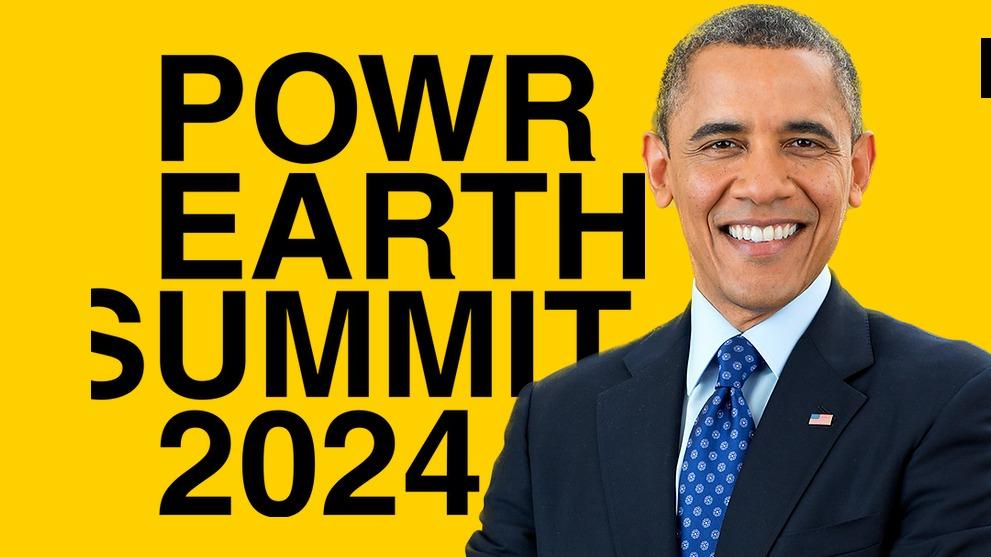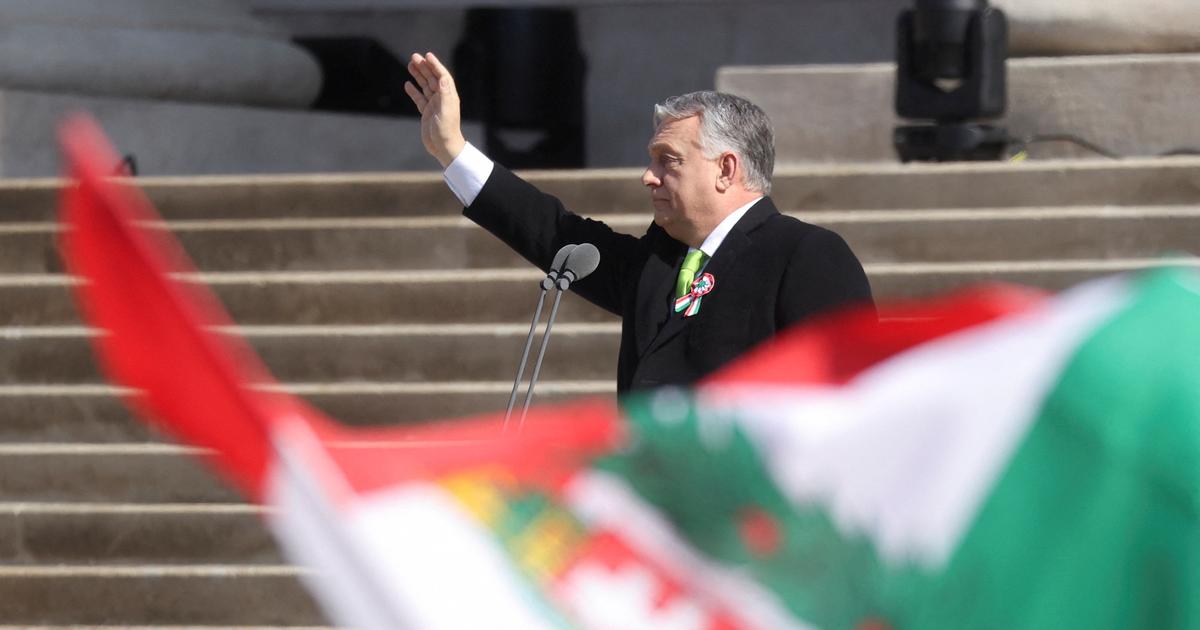Enlarge image
Wind turbines in front of lignite power plant
Photo: Federico Gambarini / dpa
The European Parliament likes to present itself as a haven for climate protectors, environmental friends and sustainability apostles.
Sometimes the MPs proclaim the “climate emergency” and again and again they invite the Fridays for Future icon Greta Thunberg to give a lecture.
The applause was great when EU Commission President Ursula von der Leyen presented her "Fit For 55" package last year to make the EU the first climate-neutral continent in the world.
In truth, it's all for show, as parliamentarians proved when they presented their position on one of the key elements of the Von der Leyen plan this week.
If the MPs have their way, the new emissions trading systems, with which the Commission wants to promote energy saving, will come much later and on a much smaller scale than von der Leyen plans.
Instead, the majority of parliamentarians want to raise the climate targets without the MPs having any idea how this is to be achieved - a special kind of climate swindle.
The parliamentarians do not want to expect the truth from their voters
It's been like this for years now.
While the EU is constantly raising its intentions, the continent's transport and building sectors in particular are emitting far more greenhouse gases than intended, despite all the stricter limits and regulations.
Last summer, von der Leyens officials wanted to break out of this impasse – and set up a similar system for the other sectors based on the model of their successful emissions trading for industry and power generation.
The principle: Rising prices for petrol, diesel or heating oil should encourage entrepreneurs and consumers to use less fuel and switch to climate-neutral technologies.
But the parliamentarians believe that they cannot expect their voters to be so truthful about the climate, and so they have mutilated the Commission's concept beyond recognition.
They want to raise fuel prices less than EU officials and won't roll out the system to private citizens until 2029 -- and only if a re-examination gives the go-ahead.
Even crazier: Until then, a CO2 price should only be charged for drivers and homeowners if the energy is used for business purposes, which is why in future it would have to be taken into account whether the fuel was used privately or for business and whether the heated room is a living room or office.
The result: by the end of this decade, the parliamentary plan would not even save half as many emissions as the Commission's concept.
This is how you have to do it if you want to devise a policy that is both bureaucratic and ineffective.
The MPs claim that their proposal is more social than the Von der Leyen plan.
In the Commission's concept, low earners in particular would have to spend more on energy.
However, studies show that this is not true if the revenue from higher CO2 prices is reimbursed to citizens per capita.
The catch: if the money is distributed to the people, most of it might not flow into EU budgets, as parliamentarians want.
When it comes down to it, MEPs care more about the budgets in Brussels than those of their citizens.
An indictment for the deputies
In addition, those who do not want emissions trading need other instruments to achieve the planned climate targets.
Further regulations and bans would be necessary - for example for air travel or the installation of oil heaters.
But because that is also unpopular, the deputies also shy away from it.
The bottom line is that the EU Parliament is not an advocate for a realistic and effective climate policy.
The deputies prefer to resort to the art of bravado;
and von der Leyen can only hope for the vote in the Council of Member States, which also has yet to comment on the concept.
The Council as a climate saver - the members of parliament could hardly have issued a greater indictment of poverty.














